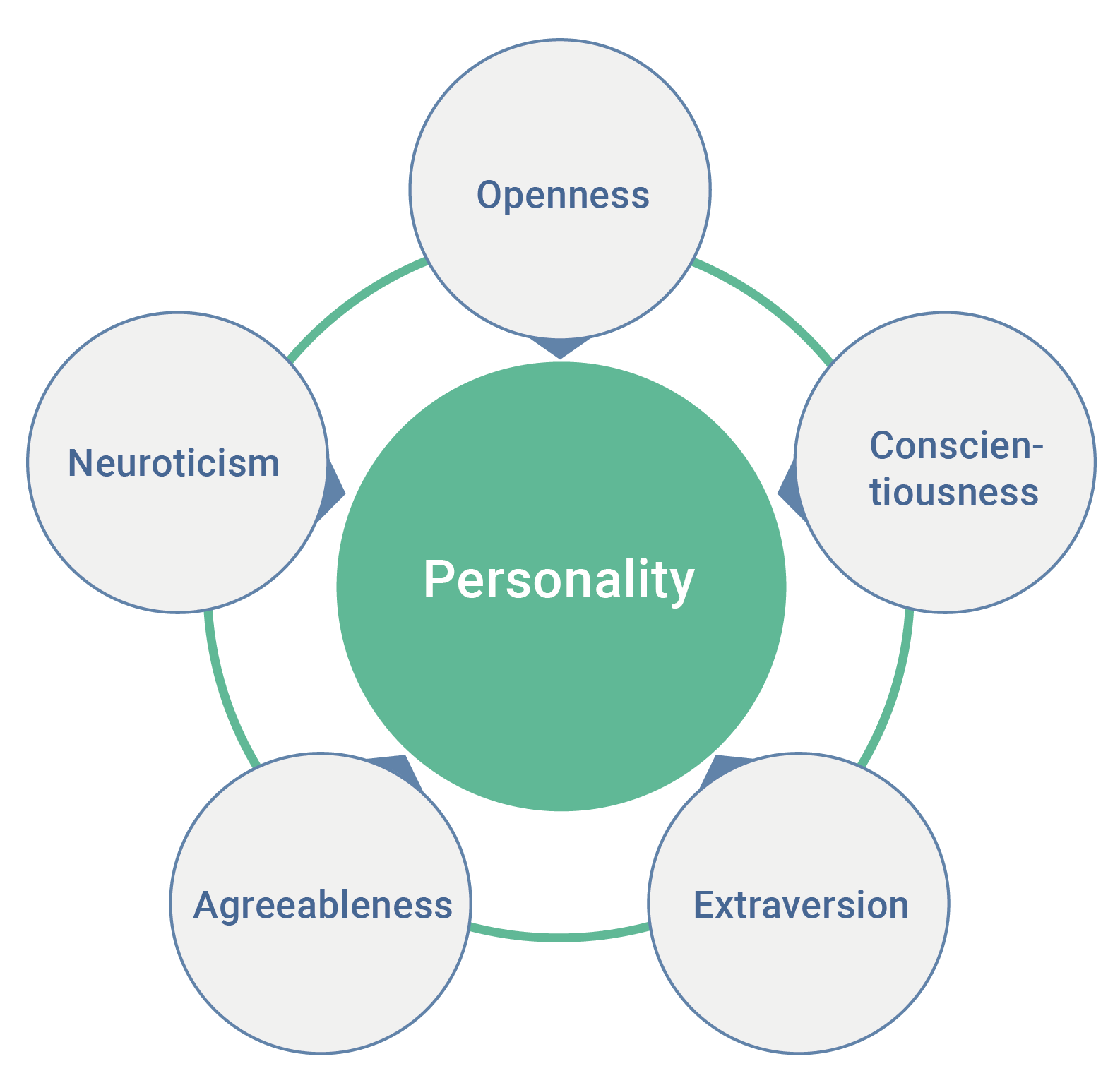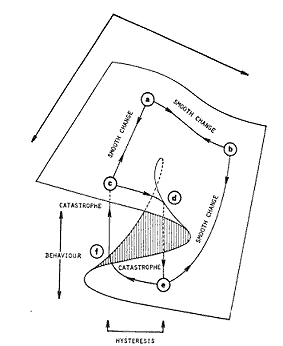Locklin on the Big Five

Big 5 model of personality
By Anna Tunikova for peats.de and wikipedia - https://peats.de/article/big-five-die-personlichkeit-in-funf-dimensionen, CC BY 4.0, https://commons.wikimedia.org/w/index.php?curid=66464543
Scott Locklin has a recent post up critical of the Big 5 theory of personality.
I’ve said some nice things about the Big 5/OCEAN model ten years ago, but I cannot disagree with Locklin’s criticisms. Fundamentally, this kind of personality research seems to be going in the wrong direction because it focuses too much on self-reported emotions instead of attempting to predict behavior.
I’m sure I probably stepped into some long-running debate in the field that I don’t understand, and I simply do not care. I’m a physicist who works as an engineer, the primary value of any theory to be able to predict something that hasn’t happened yet.
One of the things I found interesting about the Big 5/OCEAN model was that multiple separate groups came up with the same factors, but the problem was probably baked in from the start: they all used sets of words as the primary data. Test subjects [almost assuredly WEIRD college students] were asked to agree or disagree with the words, and then factor analysis was used to look for patterns in this data. Sometimes, the self-report problem was addressed by asking students to rate other students in the same way they would rate themselves, but fundamentally this is still asking about feelings using words.
As Locklin notes, the one theory of personality that didn’t go this way completely was Cattell’s 16PF, but I’m sure that even most people who use it still use it as a self-report questionnaire, which was only one of three kinds of data Cattell himself thought were needed for a comprehensive assessment.
Feelings can be related to behavior, but at the very least we are one step removed from what I think should be the primary point of study. Which, in retrospect, is probably why I lost interest in this field a decade ago.



Comments ()